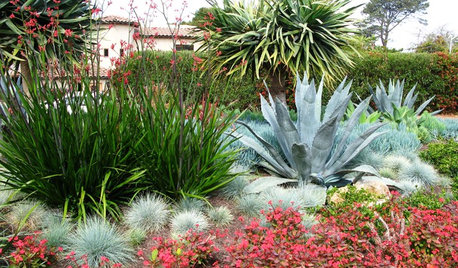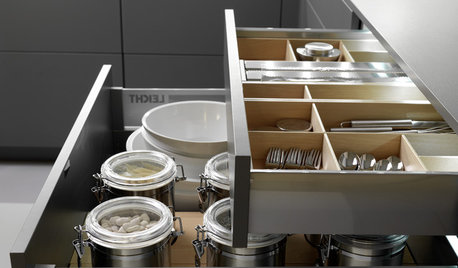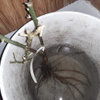Do you recommend professional soil testing?
redwolfdoc_z5
10 years ago
Related Stories

FARM YOUR YARDHow to Get Good Soil for Your Edible Garden
The nutrients in your soil feed the plants that feed you. Here are tips on getting it right — just in time for planting season
Full Story
GARDENING GUIDESGet the Dirt on Your Garden’s Soil
Understand how your soil supports your plants so you can ensure your garden’s success
Full Story
GARDENING GUIDESHow to Stop Worrying and Start Loving Clay Soil
Clay has many more benefits than you might imagine
Full Story
GARDENING GUIDESGardening Solutions for Dry, Sandy Soils
Has your desert or beachy site withered your gardening creativity? Try these ideas for a beautiful, easy-care landscape
Full Story
GARDENING GUIDESGrow a Beautiful Garden in Alkaline Soil
Got alkaline soil? Learn how to manage it and the many beautiful plants that will thrive in this ‘sweet’ soil
Full Story
GARDENING GUIDESGardening Solutions for Heavy Clay Soils
What’s a gardener to do with soil that’s easily compacted and has poor drainage? Find out here
Full Story
GARDENING GUIDESHow to Pick a Mulch — and Why Your Soil Wants It
There's more to topdressing than shredded wood. Learn about mulch types, costs and design considerations here
Full Story
DECORATING GUIDESHow to Work With a Professional Organizer
An organizing pro can help you get your house together. Here's how to choose the right one and gain your own clutter-clearing skills
Full Story
HEALTHY HOMEGet the Lead Out: Lead Safety at Home
Keep your family safe by properly testing for and dealing with lead in old painted surfaces, water and soil
Full Story
MOST POPULARThe Right Way to Test Paint Colors
Here are 5 key steps to take to ensure you're happy with your wall paint color
Full StoryMore Discussions









anntn6b
michaelg
Related Professionals
Waunakee Landscape Architects & Landscape Designers · Medford Landscape Contractors · Pottstown Landscape Contractors · Beverly Hills Landscape Contractors · East Lake-Orient Park Landscape Contractors · Hollywood Landscape Contractors · McLean Landscape Contractors · Natick Landscape Contractors · Shirley Landscape Contractors · Vacaville Landscape Contractors · Waipahu Landscape Contractors · Waldorf Landscape Contractors · Woodburn Landscape Contractors · Eastlake Landscape Contractors · Forest Hill Landscape ContractorsthedogsLL
subk3
cecily
mori1
toolbelt68
redwolfdoc_z5Original Author
cecily
toolbelt68
wirosarian_z4b_WI
wirosarian_z4b_WI